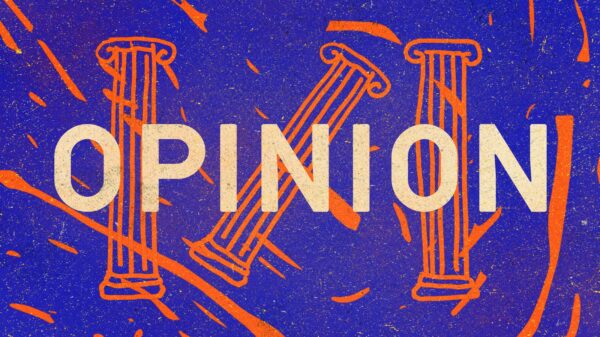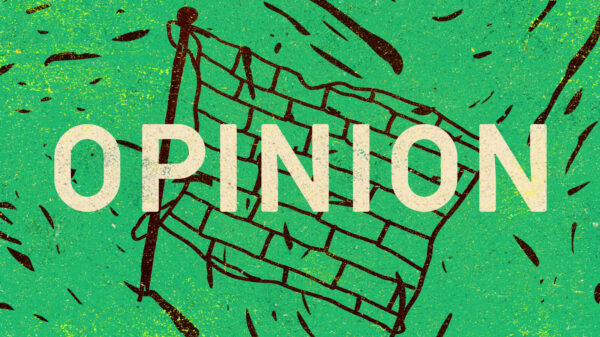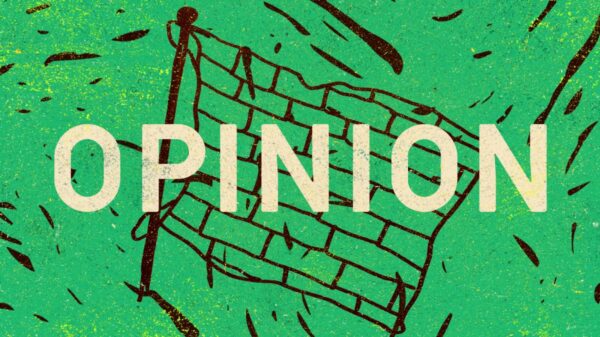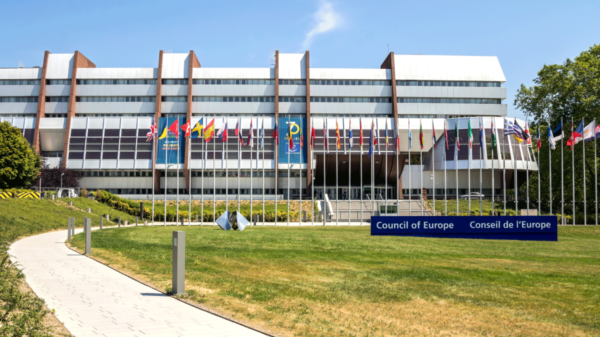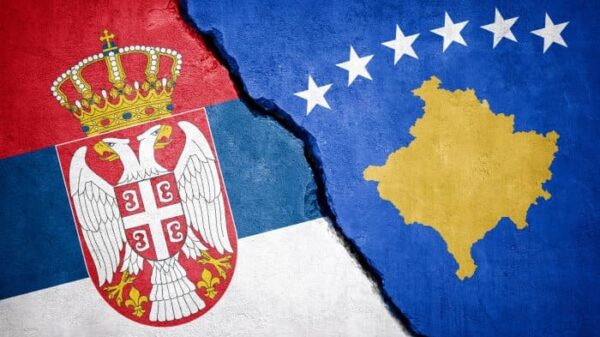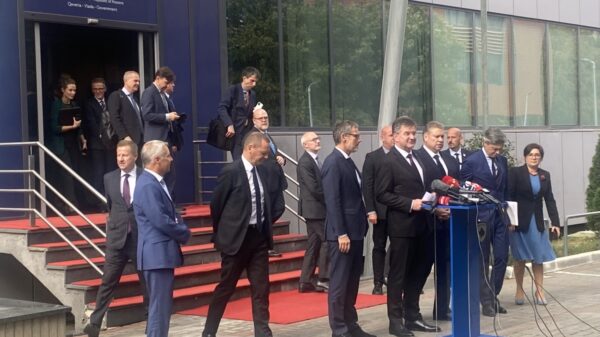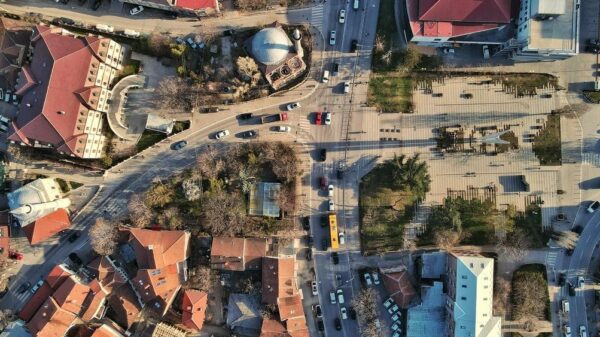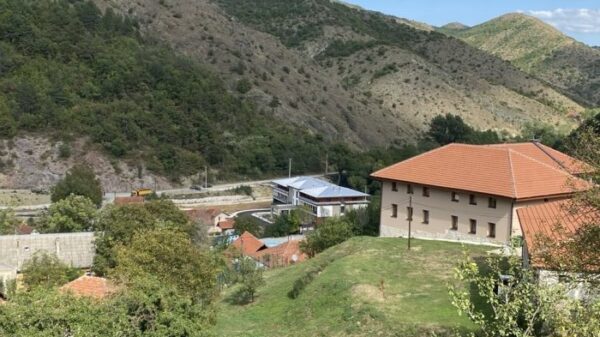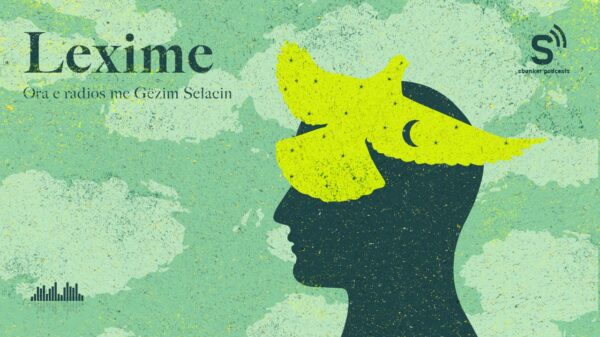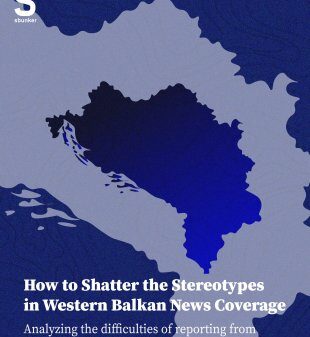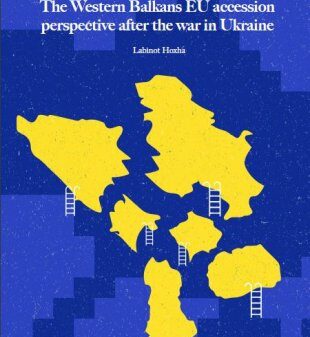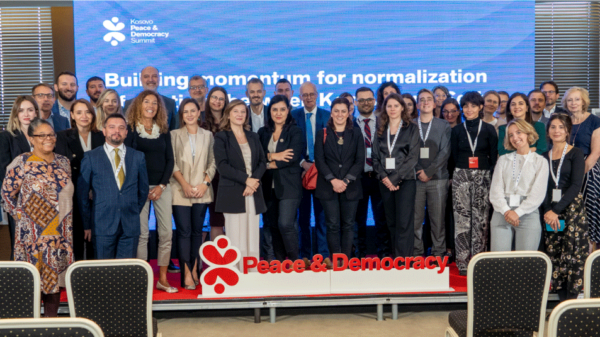Artikulli i përkthyer.
The EU-facilitated Agreement and Annex between Kosovo and Serbia reached in February in Brussels, is a step in the right direction in the dialogue between the two sides.
The documents include several important novelties, such as Serbia’s giving up on representing Kosovo and objecting to its membership in international organizations; the establishment of permanent missions between Kosovo and Serbia, and the creation of a joint implementation committee for monitoring the Agreement’s implementation.
By closely reading the Agreement and the Annex, there are several important takeaways that indicate a shift in the EU’s approach to the dialogue.
No more asterisk for Kosovo
Kosovo is referred to without the asterisk. The EU has subtly removed the asterisk from Kosovo that was agreed upon in the Regional Representation and Cooperation Agreement in 2012, deriving from the title of the new agreement. In the past, the EU consistently provided an asterisk and footnote referring to the Security Council Resolution 1244 and the ICJ’s Advisory Opinion on Kosovo’s declaration of independence, when mentioning Kosovo in documents.
This is the first official EU document where Kosovo is referred to without an asterisk, marking a shift from the EU’s neutral position. It remains to be seen how the EU will refer to Kosovo in future documents and whether the new agreement means the final abandoning of the asterisk.
From Pristina-Belgrade Dialogue to Kosovo-Serbia Dialogue
The dialogue between Belgrade and Pristina has evolved into the dialogue between Serbia and Kosovo. This shift is evident not only from the title of the documents but also from the fact that “Kosovo” and “Serbia” are referred to in the context of dialogue in six points out of twelve in the Annex.
However, the EU’s Diplomatic Service continues to refer to the dialogue process as the Belgrade-Pristina Dialogue on its website, indicating some ambiguity. It remains unclear what is the official position of the EU when it comes to referring to the dialogue between the two sides. The future statements of EEAS and the EU will provide clarification.
Recognition of Kosovo-issued documents including passports
One major point of tension between Kosovo and Serbia has been the recognition of identification (ID) cards and vehicle license plates. The EU Agreement addresses this issue in its first article, stating that “both Parties shall mutually recognise their respective documents and national symbols, including passports, diplomas, licence plates, and customs stamps.”
This Agreement has evolved beyond ID cards and license plates, which have been recognized already, and extends to include passports, state flag, customs stamps and diplomas. As such, the agreement appears to overcome not only the ID and license plates issue but also the recognition of Kosovo’s state symbols more broadly.
Vucic refused to sign the deal
The Agreement has one major setback: Serbian President Aleksandar Vucic refused to sign it and instead accepted it only verbally. In his public appearances, he stated that Serbia accepted to implement the Agreement and the Annex “to certain limits.”
However, Vucic’s statement is at odds with Article 4 of the Agreement. He said that Serbia’s red lines are recognition of Kosovo and membership of Kosovo in the UN. Serbia already acted contrary to Article 4 by voting against Kosovo’s membership in the Council of Europe. This raises concerns about the implementation of the Agreement. However, despite Serbia’s opposition, the fact that the Committee of Ministers invoked Article 4 of the Agreement when voting on Kosovo’s application to the Council of Europe shows the Agreement’s importance.
The latest agreement in the dialogue between the two sides represents a change in the EU’s approach. Despite initial dissatisfaction of both sides with the Agreement, it has the potential to move things forward. However, its implementation will depend largely on the EU’s ability to deliver on its enlargement policy.




